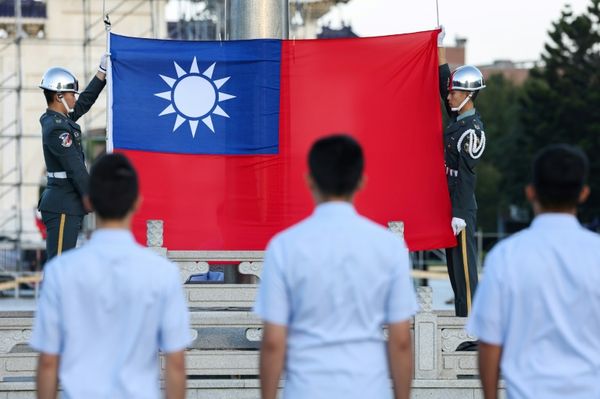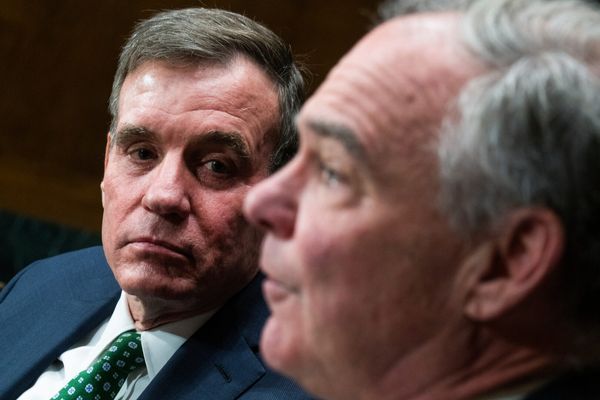Donald Trump’s policy of imposing tariffs on rival nations reignited the first trade war of his new presidency on Tuesday, as China retaliated with its own wave of levies and an investigation into the U.S. tech giant Google.
The foreign ministry in Beijing imposed 15 percent tariffs on coal and liquefied natural gas, while oil and agricultural equipment from the U.S. will face a 10 percent levy. The new tariffs will take effect on Monday.
Trump’s 10 percent tariff on Chinese goods, which Beijing called a “serious violation” of international trade rules, came into effect on Tuesday. It followed the announcement of a 25 percent tariff on imports from both Canada and Mexico – though the implementation of these tariffs was paused at the last minute.
During his first presidential term, Trump initiated a two-year trade war with China over its U.S. trade surplus, with tit-for-tat tariffs upending global supply chains and damaging the world economy.
“The trade war is in the early stages so the likelihood of further tariffs is high,” Oxford Economics said in a note as it downgraded its China economic growth forecast.
Follow the latest updates on the Trump White House in our live blog
China’s commerce ministry said it would impose export controls on tungsten, tellurium, ruthenium, molybdenum and ruthenium-related items in order to “safeguard national security interests”.
Beijing controls much of the world’s supply of such rare earths, which are critical for the production of many electronic components as well as the global clean energy transition.
“The U.S.’s unilateral imposition of tariffs seriously violates the rules of the World Trade Organisation,” the ministry said in a statement on Tuesday. “It is not only unhelpful in solving its own problems, but also undermines the normal economic and trade cooperation between China and the U.S.”
China also hit back at the U.S. with an investigation into Google for alleged anti-trust violations. Stocks in Hong Kong declined after China’s retaliation, while the dollar strengthened and the Chinese yuan fell.
The retaliatory levies were announced hours after Trump said he planned to speak with China’s president Xi Jinping by telephone.
China had urged Trump against imposing additional tariffs on an estimated $400 billion in goods that Washington purchases from Beijing annually, urging dialogue while vowing to impose “countermeasures” if the U.S. president went ahead.
A spokesperson for the Chinese embassy earlier this year said that “there is no winner in a trade war or tariff war”, adding that it didn’t serve the interests of either side or the wider world.
In 2018, during his first term, Trump initiated a brutal two-year trade war with China over its massive U.S. trade surplus, with tariffs imposed by both sides on hundreds of billions of dollars’ worth of goods.
In 2020, China ended the row by agreeing to spend an extra $200 billion a year on U.S. goods, but the plan was derailed by the Covid-19 pandemic. China’s annual trade deficit has since widened to $361 billion, according to Chinese customs data released last month.
Trump suggested on Monday that the European Union would be his next target for tariffs, but did not say when that might happen.
Ursula von der Leyen, head of the European Commission, said Brussels would be ready for tough negotiations, but underlined the need to lay foundations for a stronger partnership with the EU’s largest trade and investment partner.
“We will be open and pragmatic in how to achieve that. But we will make it equally clear that we will always protect our own interests – however and whenever that is needed,” she said.







